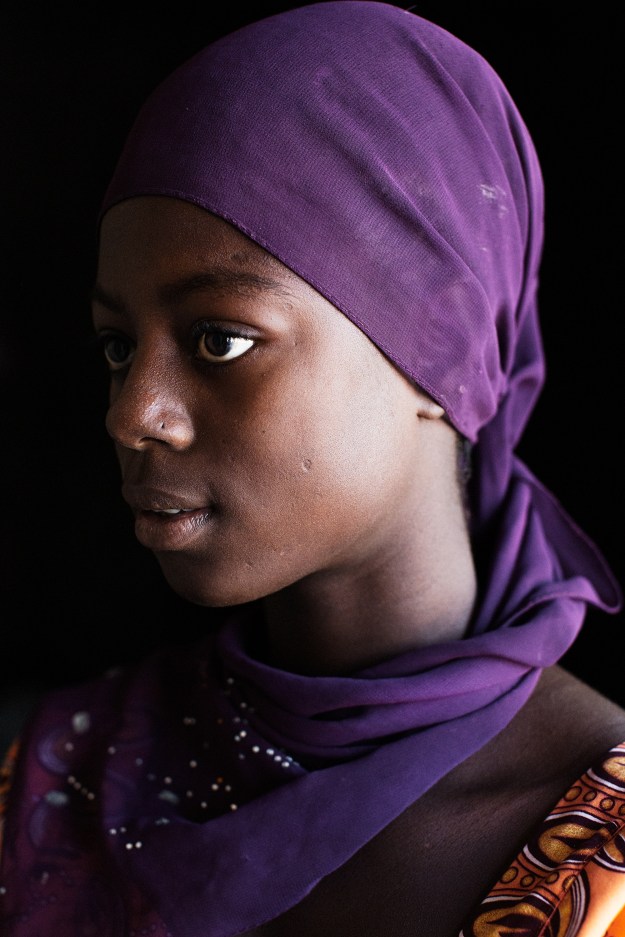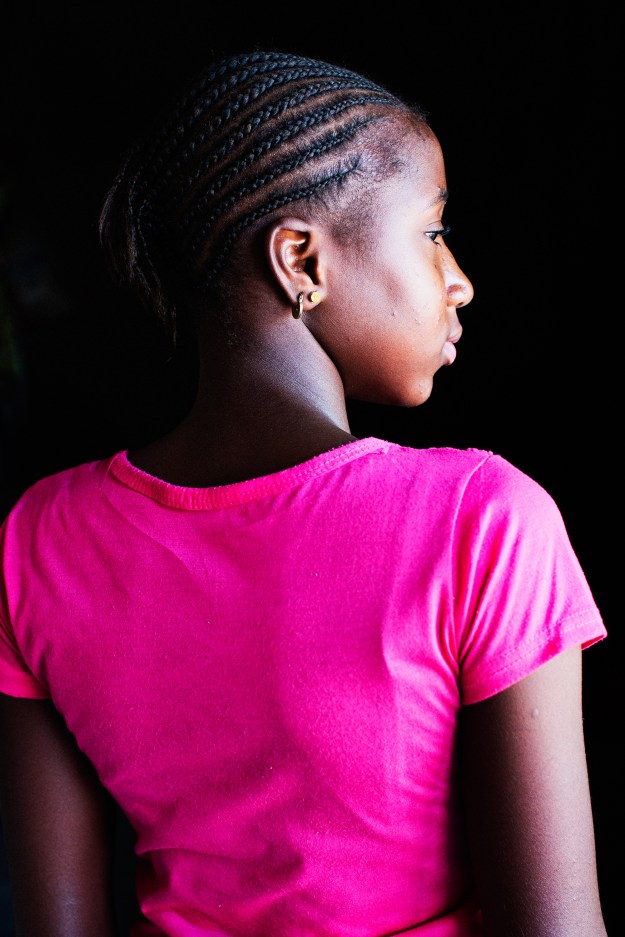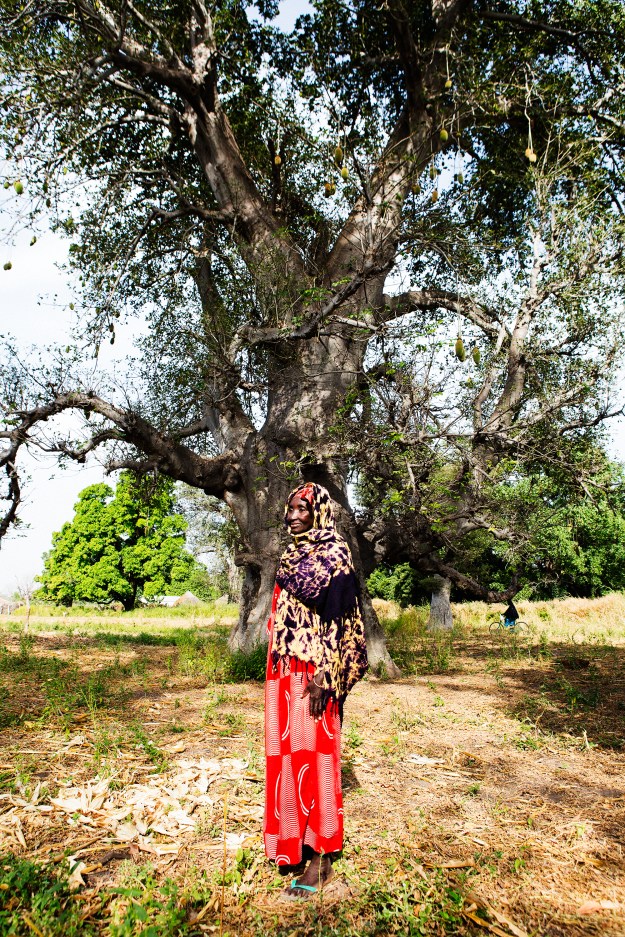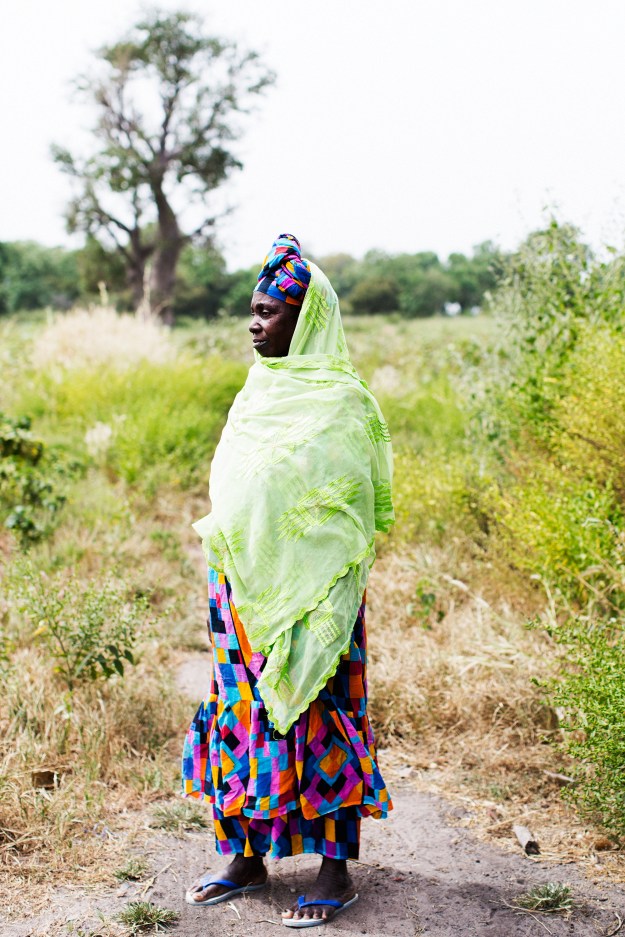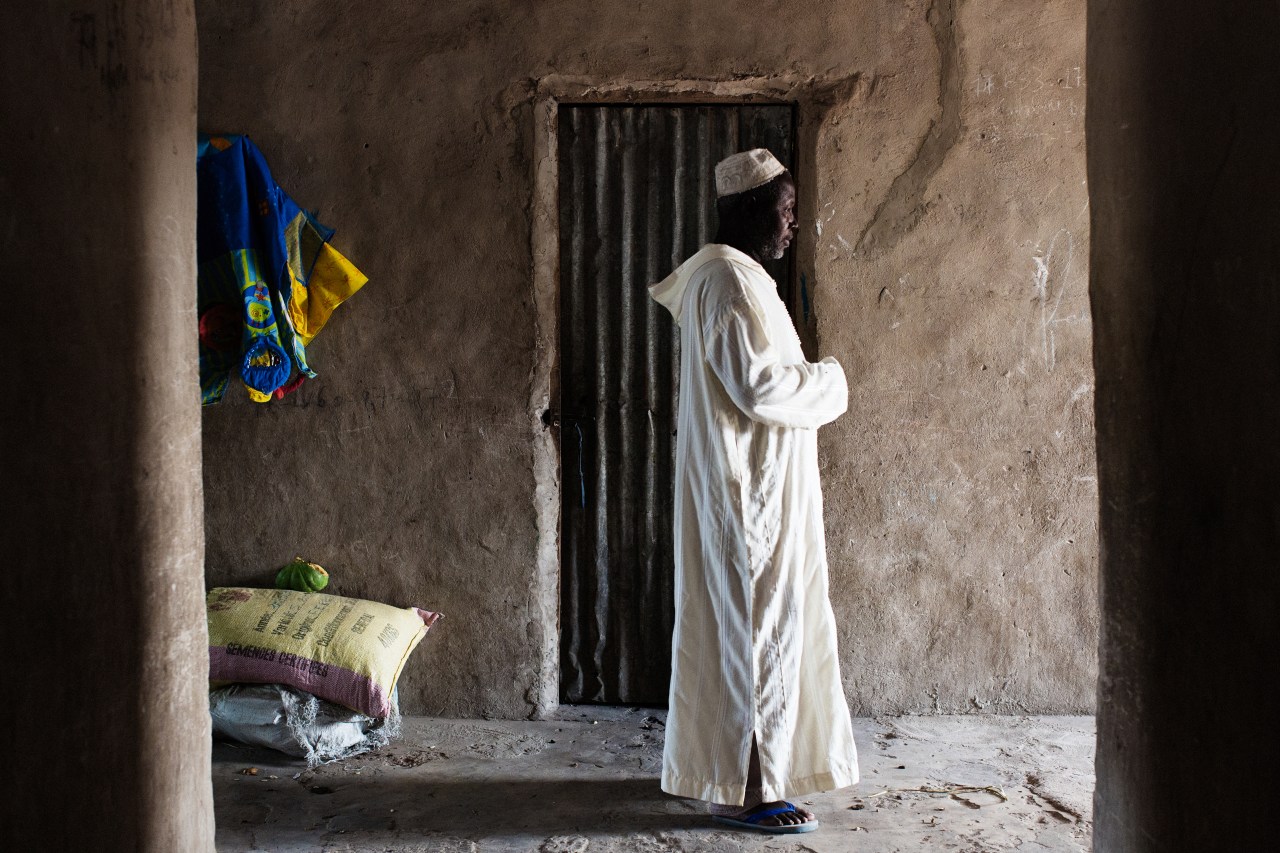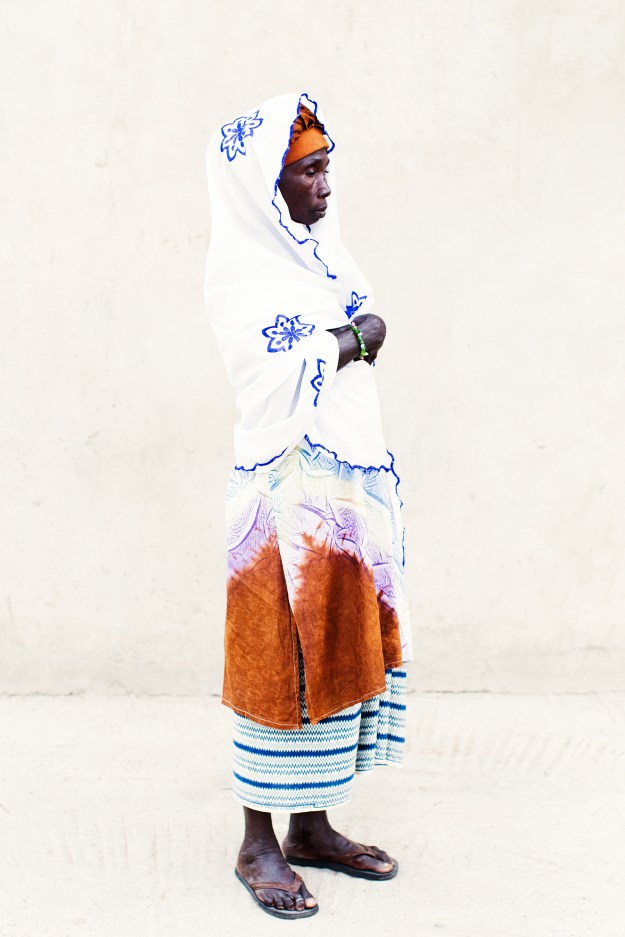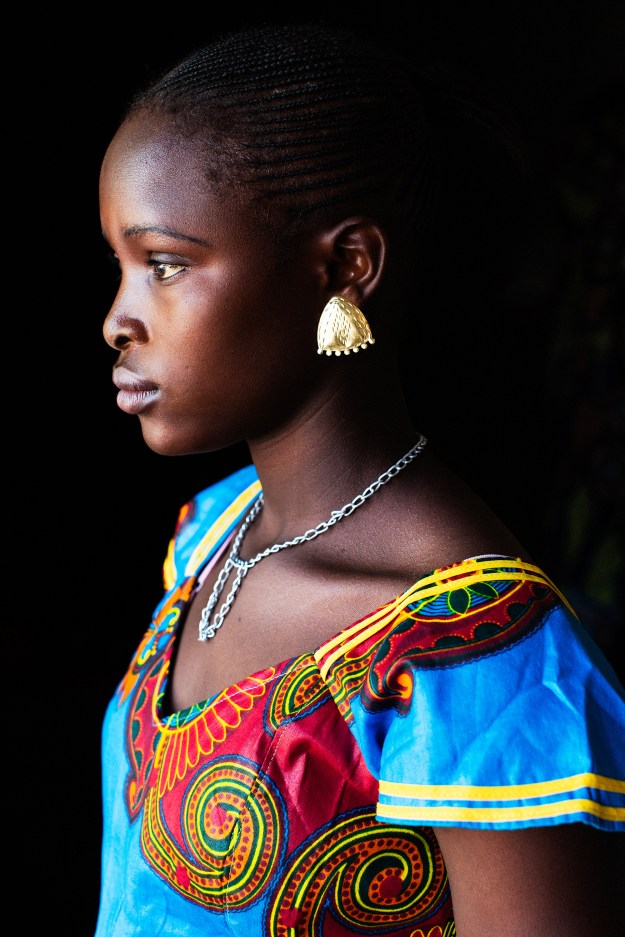On the outskirts of Vélingara, a town near the border with Gambia and far from the modern comforts of Dakar, extended families live together, sometimes with as many as four generations under one roof. Here, the population adheres to basic traditional community values. Up until recently, female genital mutilation, child marriage, and teen pregnancy were all considered to be cultural traditions by most—a classification that also made them untouchable topics of discussion.
Yet there is a movement taking place in southern Senegal. By engaging, empowering, and educating the older generation, the Grandmother Project is helping young women make informed decisions about their personal health, enabling them to pursue education and independence in a culture that historically hasn’t prioritized women’s needs.
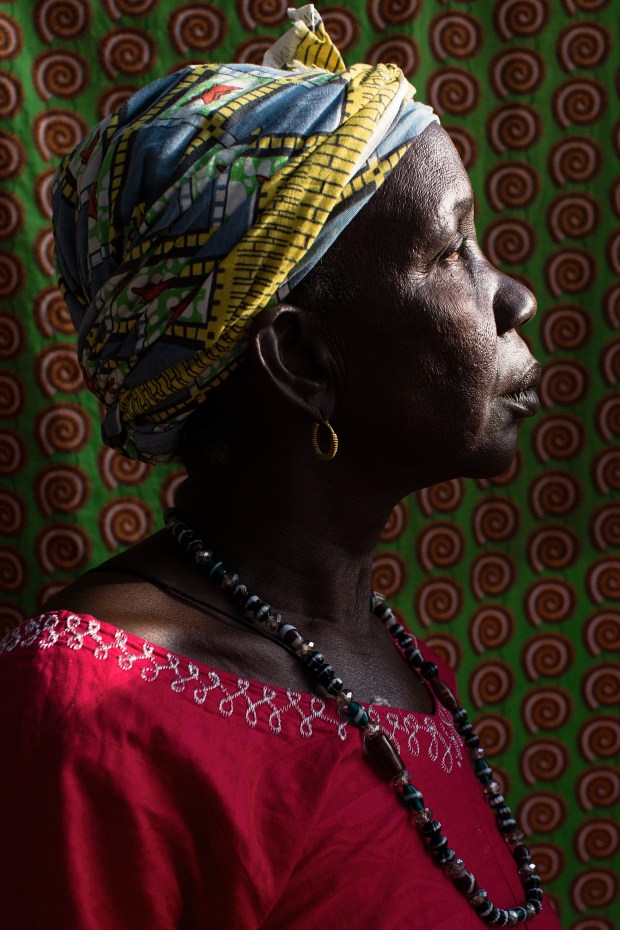
Judi Aubel and Elisabeth Mealey are the co-founders of the Grandmother Project, which became recognized as an international nonprofit in 2011 in Senegal, though they started their work there in 2005. Committed to using existing cultural assets to empower communities, their approach is tailored to the specific people it seeks to help.
In Vélingara, most young girls are raised primarily by their grandmothers and frequently share a much closer bond to them than to their own mothers, who are busy with household chores or work in the field during the harvest. Boys, on the other hand, are more likely to enter school than stay home, and their education is often handled by their fathers.
For young women navigating the challenges of puberty, having someone to confide in is as essential as their need for a moral guide. In this way, grandmothers become educators, historians, storytellers, and allies. For the past 11 years, the Grandmother Project has become more involved in educating the elder communities of southern Senegal and has seen a remarkable change in the attitude towards female genital mutilation, and an even more significant decrease in child marriages and teen pregnancies.
“If we hope to bring about long-term change in communities related to issues affecting women and children, those who define and who perpetuate the social norms, namely the elders, are the ones who need to be involved in community programs,” says Aubel.
In West African countries, up to 40 percent of girls are married before age 18. FGM rates are as high as 86 percent in rural areas according to Aubel’s research.
From 2008-2012, the Grandmother Project saw the approval of FGM plummet from 75 percent of grandmothers and 76 percent of young women to 5 and 7 percent respectively, according to their poll of 60 villages. Mothers and grandmothers also increased their desired age for girls to get married from 15.6 years to 17.3 years.
Over time, the hope is that these shifts will eventually lead to healthier communities, improving the lives of women and children, and producing a higher percentage of educated young women who are able to participate in the professional workforce—something that is rare throughout Senegal, but especially in the more rural areas.
